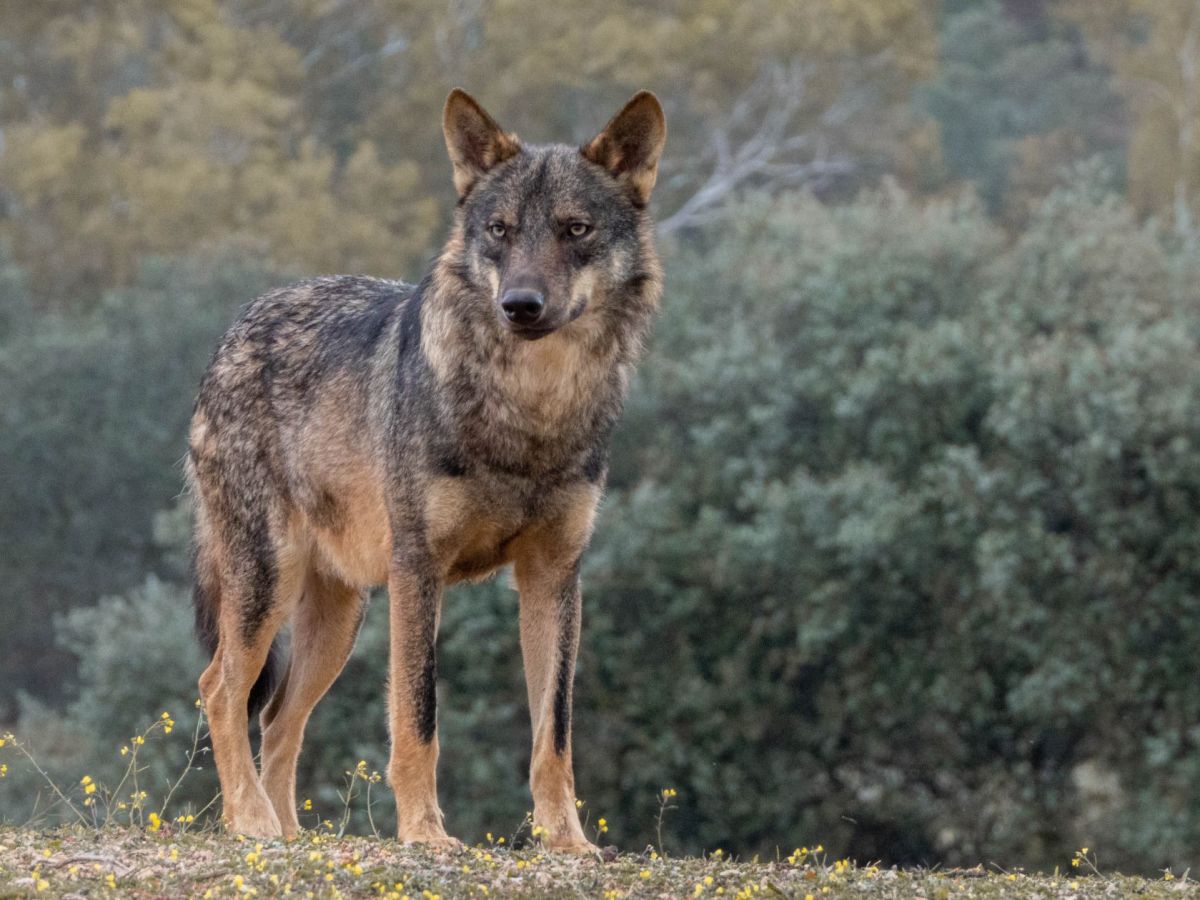The court based in Luxembourg responded to the doubt raised by the High Court of Justice of Castilla y León, before which the Association for the Conservation and Study of the Iberian Wolf (ASCEL) filed an appeal against a law approved by the regional government in 2019 that declared the wolf as a huntable species.
This plan, intended to be carried out in hunting grounds located north of the Duero River in Castilla y León between 2019 and 2022, allowed a total of 339 wolves to be hunted.
Following the question raised by the CJEU, it declared that, according to a report for the period 2013-2018 sent by Spain to the European Commission in 2019, the wolf was in an "unfavourable-inadequate" state of conservation in the three regions it occupies.
It also ruled that this species cannot be declared as huntable when it does not enjoy rigorous protection in the region in question in accordance with the Habitats Directive, aimed at the conservation of natural habitats and wild fauna and flora.
















